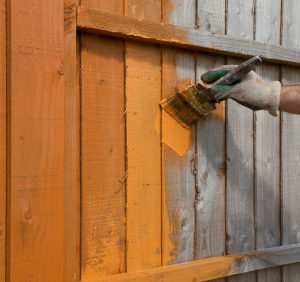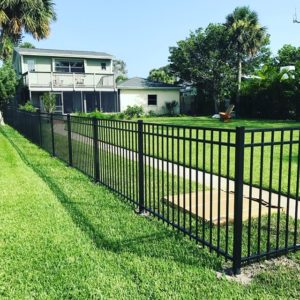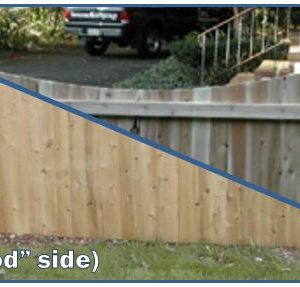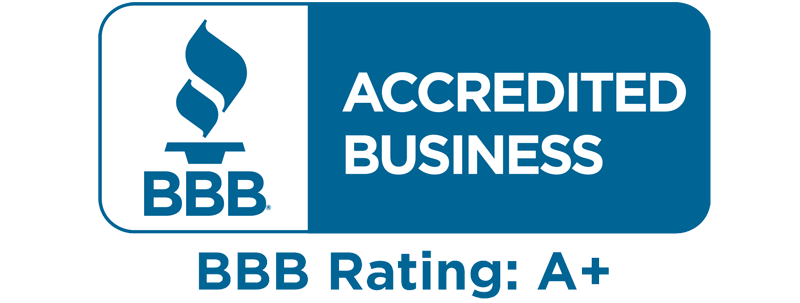Your dedicated, loving dog likely brings joy to your life every day. Dogs are often ideal companion animals, as they are devoted and intelligent, yet relatively simple to care for. If you are like most dog owners, you want to repay your dog’s loving kindness with some kindness of your own. Sharing a beautiful and safe outdoor space with your dog is one way to ensure you provide your canine companion with a high quality of life.
You’ll probably worry about integrating toys and providing space for running. However, for your dog to truly enjoy an outdoor space like a garden, it has to be safe for both your pup and anyone else living nearby.
Enclose the Space for Safety and Liability Reasons
Fencing will be the single most important aspect of making your garden safe for your dog. It is also likely the most expensive investment related to dog proofing an outdoor space. There are many different fencing options available, and what you choose will vary depending on the size and behavior of your dog when outside.
Chain link fences are often an affordable, universal solution, although some larger dogs may be able to jump over standard height chain link fences. Others may find that chain link doesn’t provide the aesthetic they hoped for when designing their garden. Generally speaking, you want to avoid any fencing that has peaked posts, as those posts could then present a danger to the dog in the event that it attempts to jump over the fencing.
In most cases, physical fencing is preferable to electronic fencing. Electronic fencing may not be enough to dissuade your dog from chasing a squirrel or pursuing a nearby person. As a bonus, physical fencing can also keep rabbits, deer, and other unwanted animals out of your garden.
Double-Check Your Favorite Plants for Safety
Regardless of whether you grow sentimental plants and flowers or fruits and vegetables, you don’t want to put anything in your garden that could endanger your pet. There are a number of popular plants that many people grow without realizing they present a poisoning risk for dogs. Some will only make a dog sick for a while, while others could prove deadly. The poisonous plants that shouldn’t be anywhere near your garden include:
- chives, garlic, and other alliums
- apricots
- hyacinths
- leeks
- apples
- primrose
- tulips
- yucca
- begonias
- aloe
- English and American holly
- borage
- calla lilies
- any form of nightshade
- daffodils
- daisies
- lavender
- oregano
If you insist on planting some of these in your garden, you should probably enclose that area separately to keep your dog out. After all, not matter how much you enjoy a certain plant, you’d feel terrible if it made your beloved dog sick.
To live its happiest, healthiest life, a dog will need routine exercise and access to clean outdoor spaces. By fencing your garden, you can create an outline of a space that is fun for your dog. Careful planning regarding the plants that you choose to use can also ensure that your garden serves its intended purpose without unnecessarily endangering your beloved pet.









